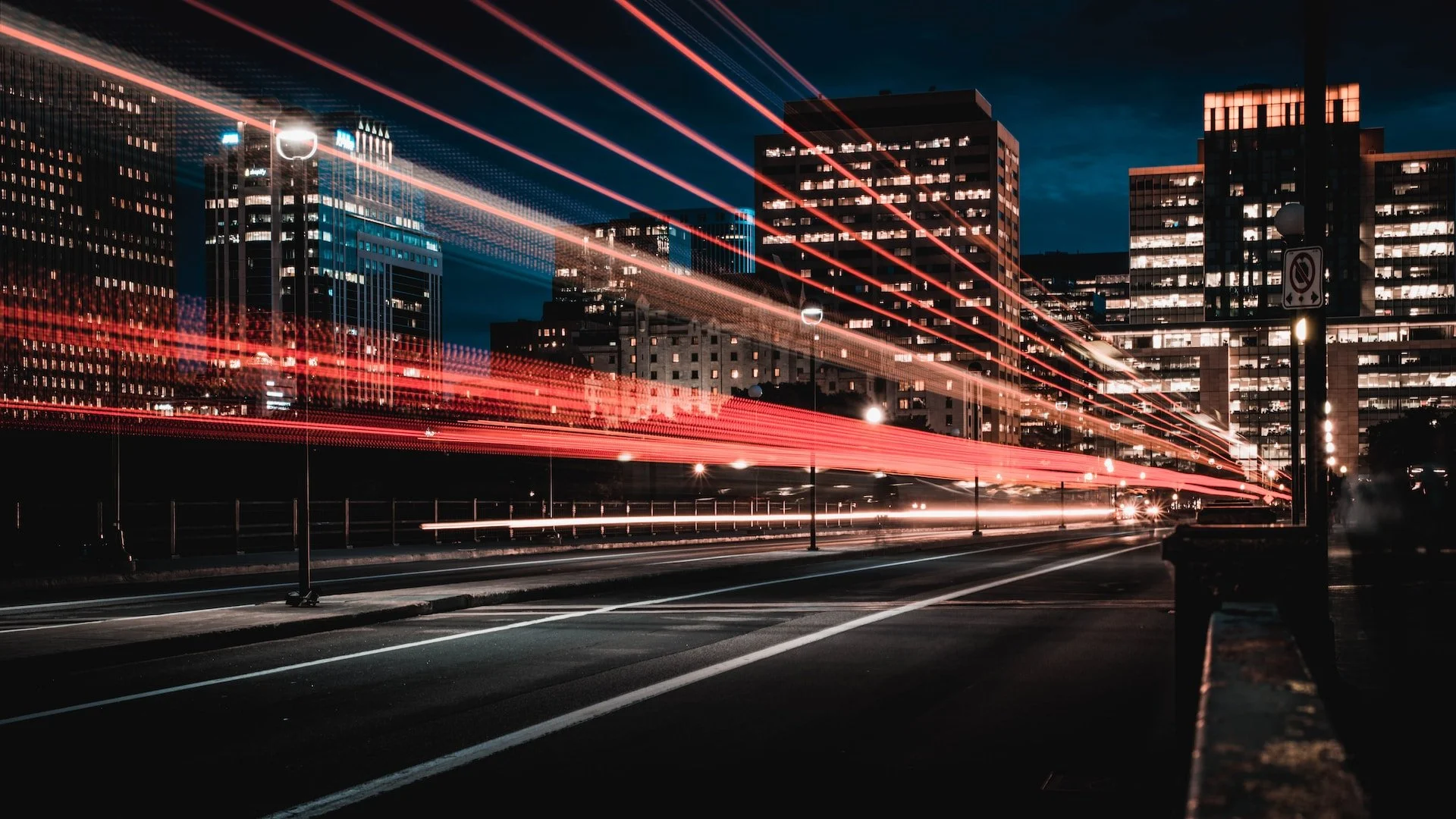
Featured
Today, around 55% of the worlds population lives in urban areas and this figure is expected to reach 70% by 2050, making sustainable cities vital to our provision for the future.*
We looked at the top 10 that made the list according to The Arcadis Sustainable Cities Index.
The New Urban Crisis was introduced by Richard Florida in 2017 and years later we are in even more desperate need to confront many of the same issues addressed. Florida explains how “winner-take-all urbanism” has deepened inequality, segregation, and poverty - and what we can do, collectively, to tackle the challenges ahead.
Urban transformation doesn't mark the end of the city but the beginning of a new era: a redistribution of the city's functions. Companies aiming to re-energise their workforces and remain competitive have new opportunities to "think globally, act locally".
This framework seeks to synthesise our exploration and predictions into a cohesive vision - a roadmap for a new way forward that balances the needs of employees, companies, and the communities they inhabit.
As we stand at this crossroads of evolving economic and social development, the question remains - what is the role of the workplace in the new economy?
The unyielding pursuit of innovation, epitomised by The Endless Model, calls us all to embrace the ever-evolving landscape of the workplace. As we move closer to A New Way Forward, we must reflect on how the location of companies impacts the lives of those who work at and inhabit these places.





